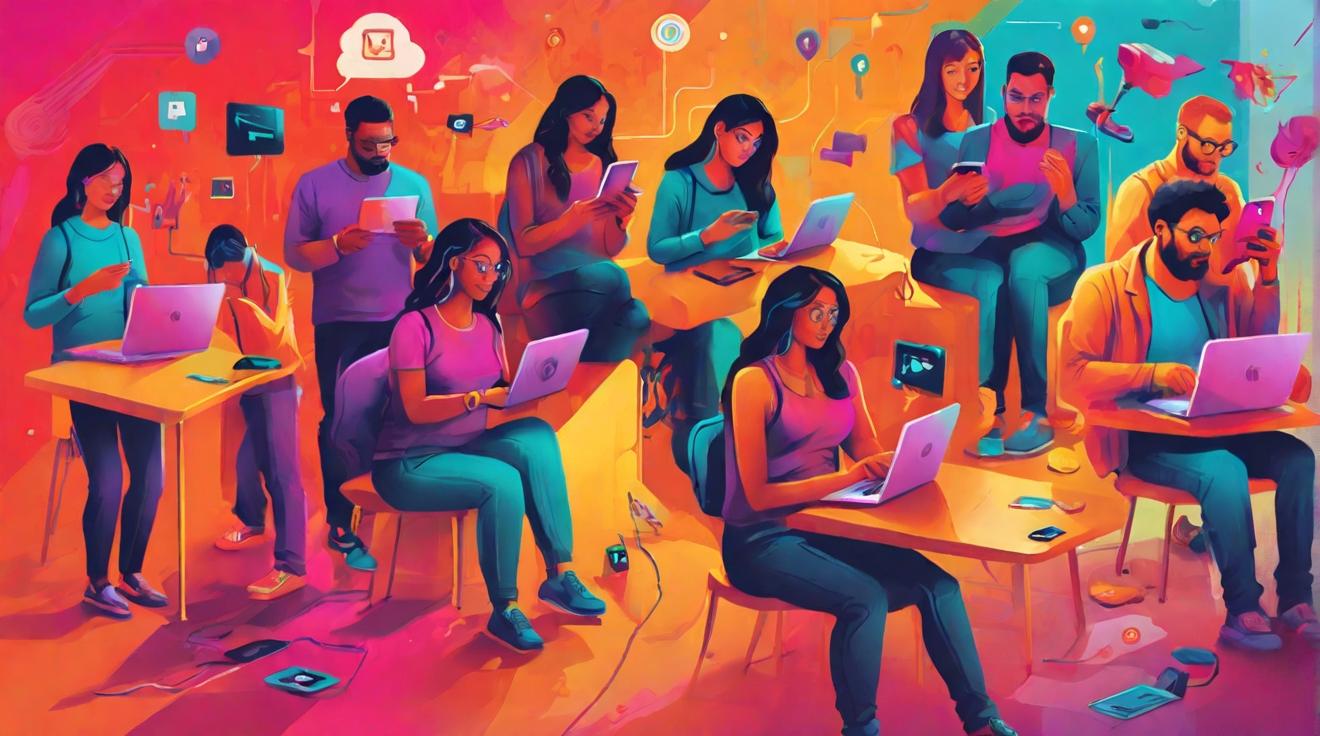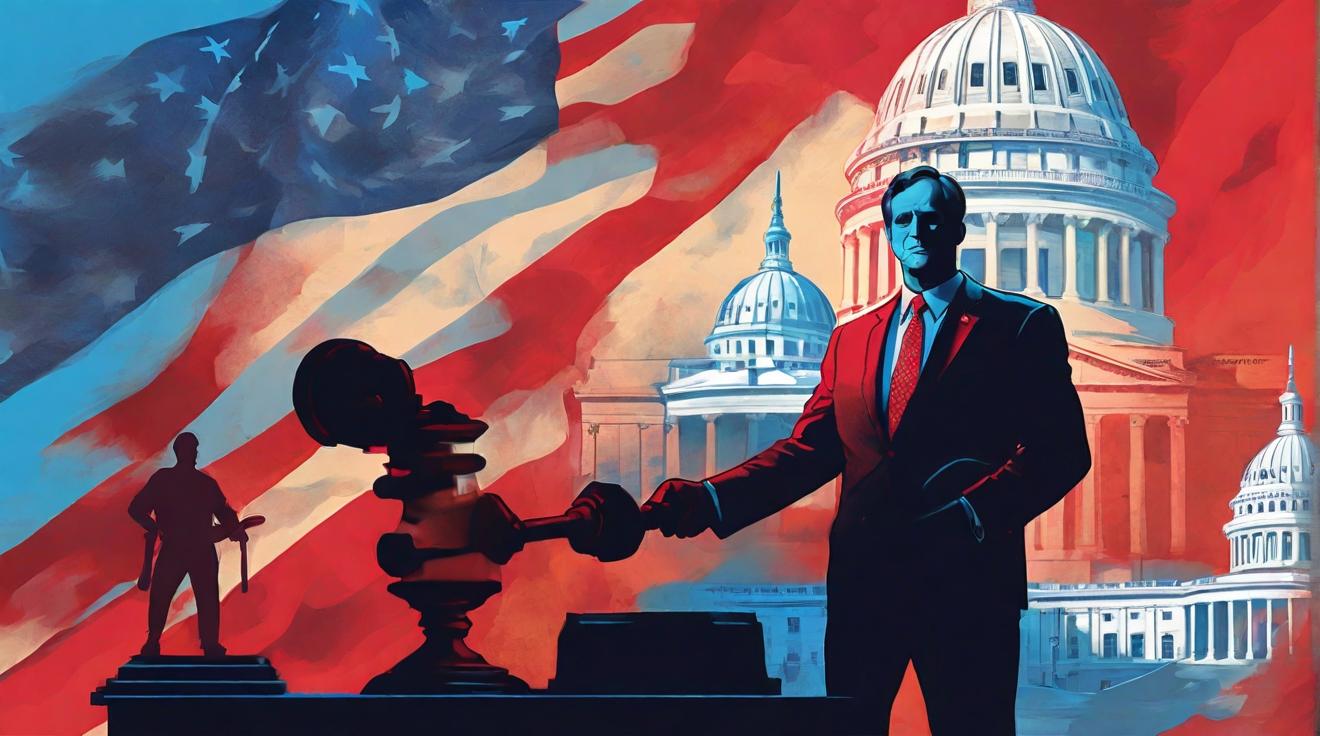Rethinking The Term "User" in Today's Tech Ecosystem
In the rapidly evolving digital landscape, Instagram's chief Adam Mosseri is a familiar face, known for his "ask me anything" sessions. These interactions offer insights into Instagram, Meta, and Threads—Meta's latest venture aimed at rivalling X. With Threads boasting over 130 million monthly active users, the distinction between 'people' and 'users' becomes even more pronounced.
The term "user" has long served as a practical shorthand within the tech industry, encompassing everything from actual customers to non-human entities like bots. However, this nomenclature masks the profound and personal relationship many have with technology. The roots of the term can be traced back to the mainframe computers of the 1950s, evolving through the decades to incorporate students, professionals, and eventually the wider public.
Don Norman, a pioneer of "user experience design" at Apple, played a critical role in the term's adoption, emphasizing usability alongside aesthetics. Yet, as Norman points out, the early tech industry's view of a "user" as just another system component was overly simplistic and failed to acknowledge the human element.
Today's tech realm, however, has broadened the definition of a user. "Power users" now refer not just to those with technical savvy but also to individuals deeply engaged with their devices, often to the point of addiction. Amid this backdrop, the call for a language shift is growing louder, spearheaded by voices like Karina Nguyen of Anthropic, who advocates for focusing on "language models" to better serve human users.
The shift in terminology from "user" to more precise terms like "patients," "students," "readers," or "players" is more than semantic. It reflects an evolving understanding of the technology-user relationship, acknowledging the agency, engagement, and even pleasure people derive from digital interactions. As we venture further into the age of AI and generative AI, recognizing the dynamic between humans and technology becomes crucial.
Don Norman underscores the importance of careful design and terminology in shaping the future of technology. The choice of words can influence how we perceive and interact with technology, urging a move towards terms that foreground the human experience. As the line between user interfaces and AI companions blurs, rethinking how we refer to those who engage with technology is not just necessary but inevitable.
In a digital age defined by its rapid change and technological ubiquity, the dialogue around "users" versus "humans" is far from academic. It's a crucial part of navigating the ever-complex relationship between people and the digital realms they inhabit. As Mosseri's conversations reveal, even subtle shifts in language can signal significant changes in perception, propelling us towards a future where technology serves humanity, not the other way around.
Analyst comment
Positive news.
As an analyst, the market will see increased emphasis on user experience design and a shift towards more precise terminology to better reflect the evolving understanding of the technology-user relationship. This shift will lead to more human-centered design and technology that serves humanity, ultimately improving the digital experience for users.













